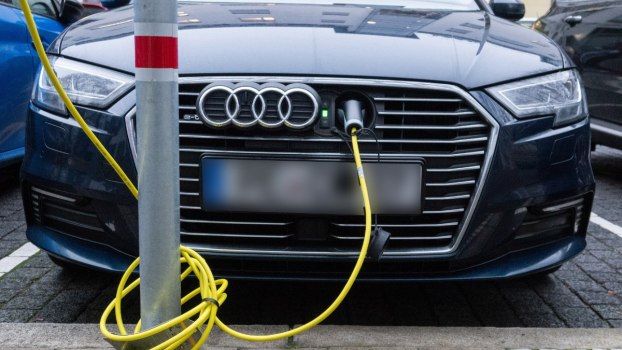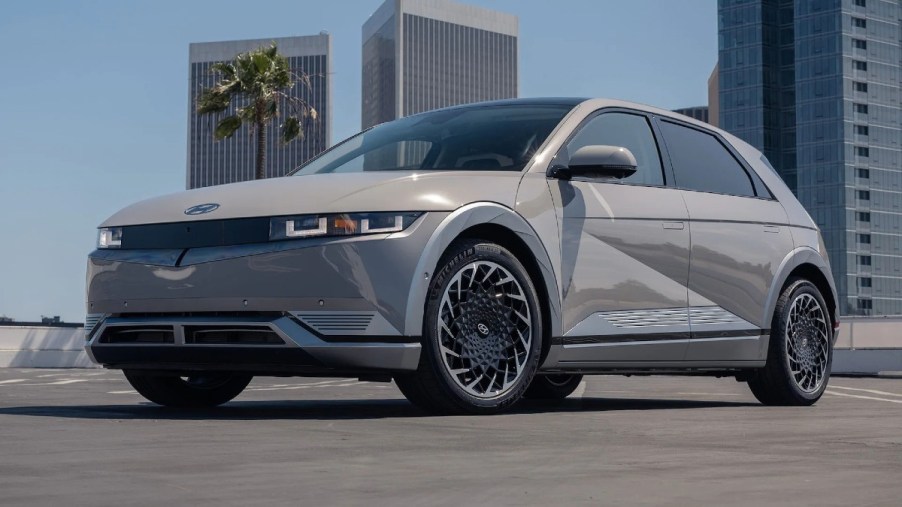
EV Tax Credit Loophole: Learn How to Save
The Inflation Reduction Act spells out specific guidelines for individuals claiming the Federal EV Tax Credit. Half of the credit depends on at least half of the battery components being manufactured in North America. The other half requires 40% of the critical minerals sourced from the US or a trade partner. These are strict terms for anyone looking to buy an electric vehicle, but consumers should be aware of an EV Tax Credit loophole.
What is the EV Tax Credit loophole?
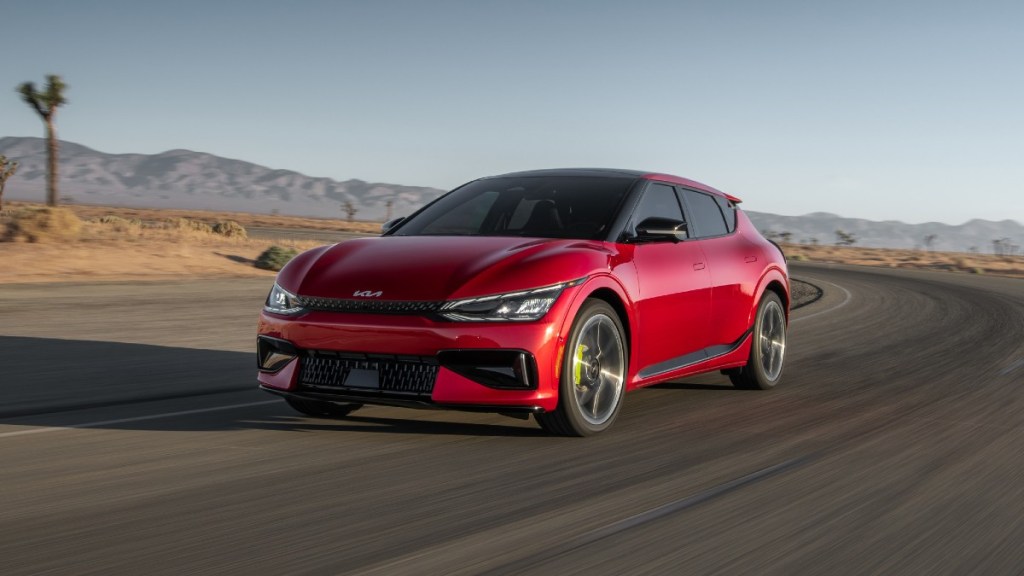
For EVs to be subject to strict guidelines, which are only getting stricter by the day, the electric vehicle must be purchased by an individual. Under the Inflation Reduction Act, leased vehicles are categorized as commercial vehicles and not subject to the same requirements. This is the loophole, but there are a few things to consider.
Who gets the tax break when an EV is leased?
In today’s market, leasing might be the best option for many parties, but as the consumer, you must be careful. The consumer doesn’t receive the tax break when a vehicle is leased; the dealership does. As much as we would love all dealerships to look out for their customers, they are not obligated to pass on the Federal EV Tax Credit to the consumer.
The lessor still owns a leased vehicle, even while the consumer is driving it. Because you never actually own the vehicle, the rules are different.
Some manufacturers are passing on savings for leased EVs
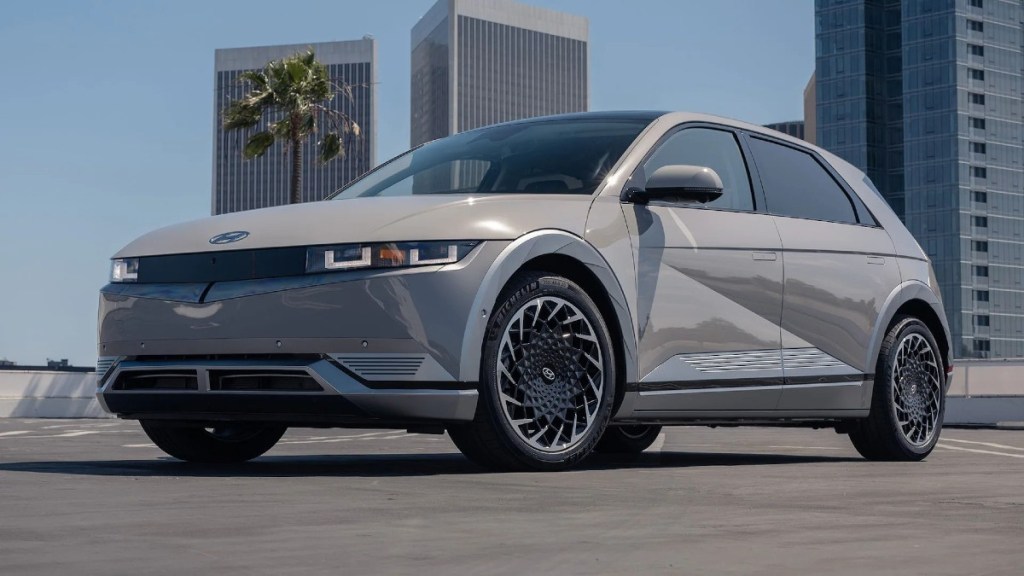
Hyundai and Kia are two auto brands passing along savings to consumers. Hyundai has the Ioniq 5 listed with a $499 per month lease deal, including a “$7,500 Total EV Lease Reward.” Kia also offers a $7,500 bonus on 2023 EV6 models leased while only offering $3,750 for purchased models, according to Cars.com.
Although some automakers pass the savings to consumers, some are not. Tesla, which is the largest seller of EVs in the United States, doesn’t offer a discount. Unfortunately, they are under no obligation to do so.
Could this EV Tax Credit loophole create a boom for vehicle leasing?
Although leasing a vehicle has pros and cons, it could be a great way for many drivers to test the EV waters. At least with a lease, these consumers will know they only have the vehicle for a short time. Many automakers offer early termination language in their lease agreements.
In addition to being a safe way to get comfortable with EVs, drivers will benefit from lower payments and the ability to take the tax credit immediately. Because the dealership receives the tax credit, the savings can be applied to monthly payments. This is a great way to enjoy the savings once the lease agreement is signed. Provided the automaker passes the savings to the consumer.
Those drivers buying their EVs are limited in the models they can drive to receive the full Federal EV Tax Credit. The must also wait to file their tax return to take the credit.
Do used EVs fall under the same strict requirements?
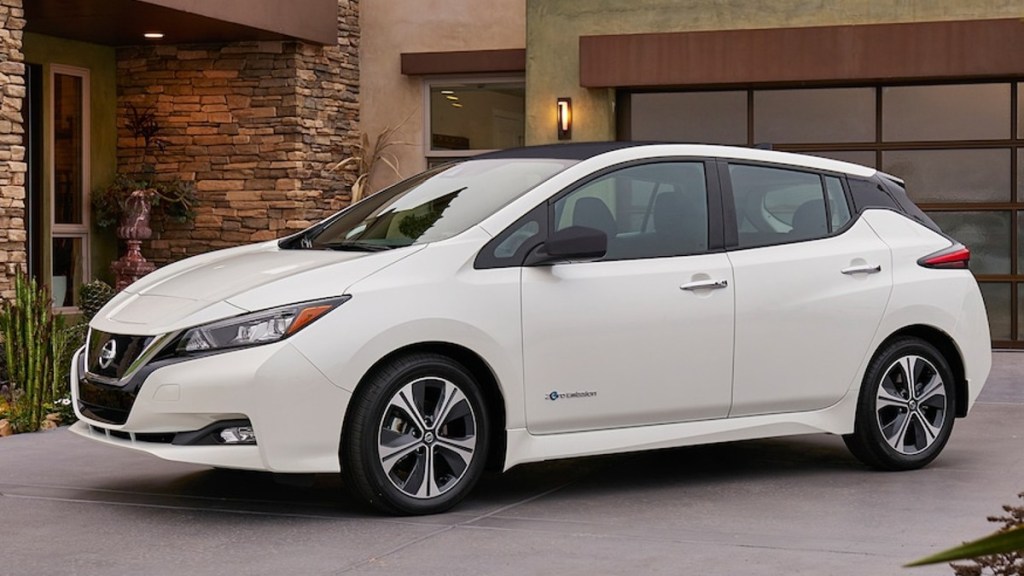
Although not an EV Tax Credit loophole, purchasing a used model is another way to enjoy a tax credit and spend less for an electric vehicle. Pre-owned EVs must be at least two years old, has an MSRP of $25,000 or less, and the credit can only be claimed once.
The tax break for used electric vehicles is $4,000 or 30% of the sale price, whichever is less. This could be a viable alternative for consumers that don’t want to enter a lease contract.
